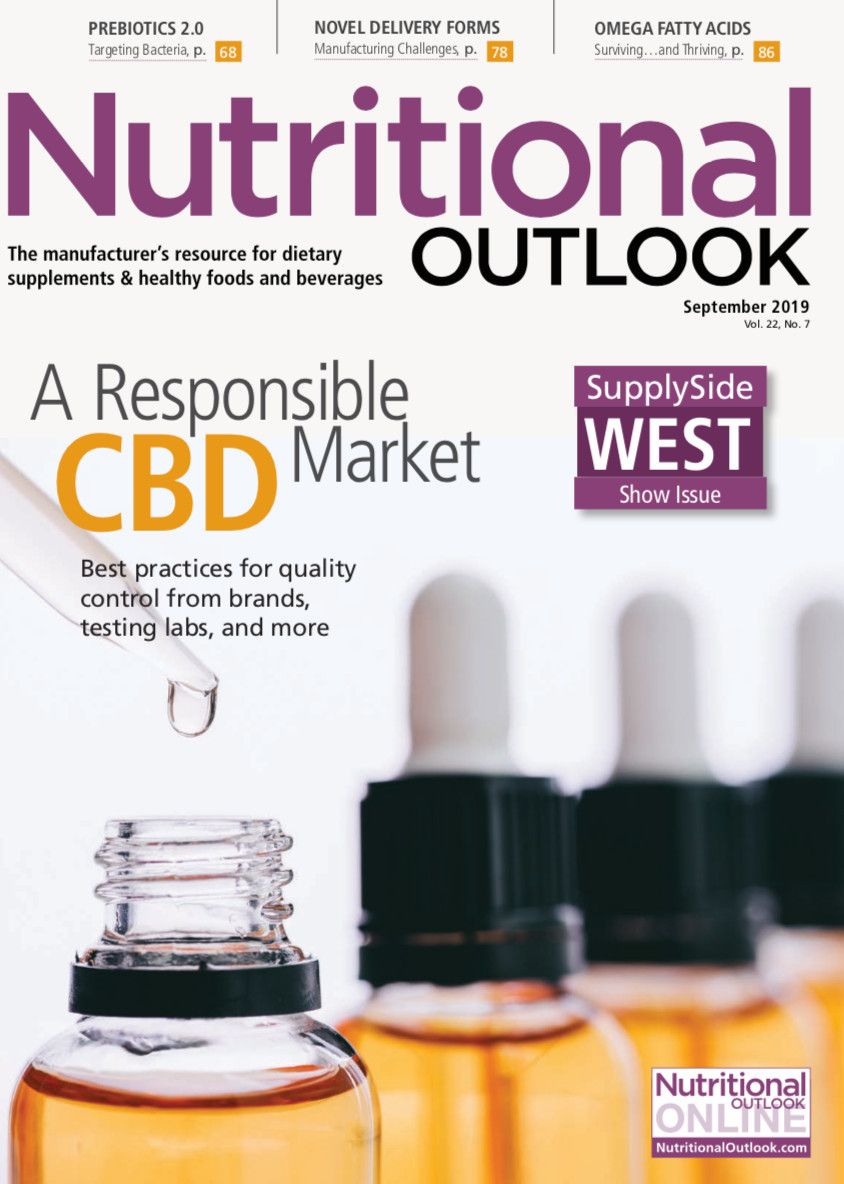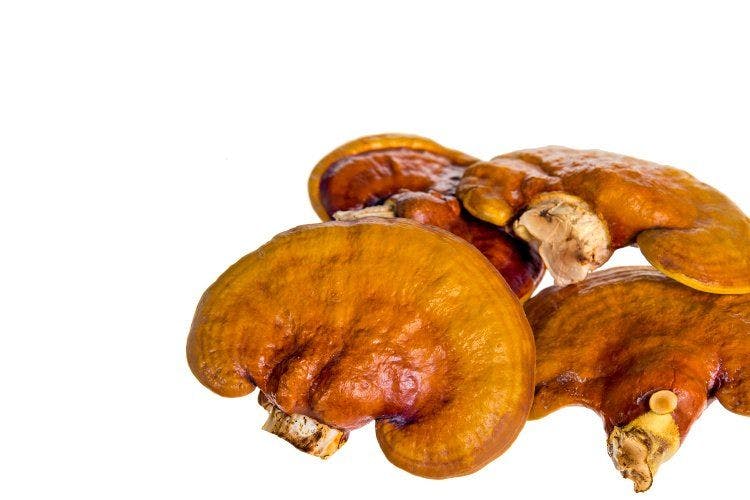Today’s stress management ingredients boast body-wide benefits
More than Mood: Supplements for stress target resulting symptoms
Photo © AdobeStock.com/Annibell82

America may be a diverse place, but there’s one thing we all share: stress. And not the healthy kind, which in small doses can help you tackle a to-do list or reach long-term goals. According to the American Psychological Association’s 2018 Stress in America survey1, nearly three-quarters of adults say they have experienced at least one symptom of stress in the past month, and almost half say they lay awake at night due to stress.
APA’s survey also found that one in five adults don’t feel they’re doing enough to manage their stress. So while they may look to friends (48%), significant others (44%), or family members (31%) to help manage their woes, it may not be enough. “When stress becomes too much-common signs include the inability to concentrate or complete tasks, body aches, more frequent illnesses, and trouble falling asleep-it may be time to look at remedy alternatives,” says Chase Shryoc, vice president of sales and business development at Gencor (Irvine, CA). And it seems consumers are doing just that. In fact, data from market researcher SPINS show that U.S. dollar sales for mood-support supplements posted double-digit growth over the past year at 18%, to reach $114.5 million.
“There is certainly a demand for natural ingredients that can help address the challenges around stress management and relaxation,” agrees Josh Beaty, marketing director at NuLiv Science (Brea, CA). “The anxiety phenomenon is taking an increasing toll on the general population due to the ever-growing demands of the workplace, personal commitments, financial stress, and overall health. When consumers are experiencing overload, they want to alleviate the symptoms.”
Alleviating Ingredients
Herbs still have a dominant role to play in the relaxation and stress-relief category. At NuLiv Science, ingredients to watch include ashwagandha (Withania somnifera) and rhodiola (Rhodiola rosea). Currently, the company is working on branding a new ingredient to debut in the fall called Zylaria (Xylaria nigripes), which will support GABA production, mood, anxiety, and relaxation. “In other words, it’s really focusing around supporting stress management in an herbal format from a traditional Chinese medicine perspective,” Beaty says.
Other ingredient suppliers are offering solutions that go beyond addressing the stress itself to addressing the effects of stress, from poor sleep and inability to relax to poor focus and lack of energy. “For many consumers, top concerns like relaxation, sleep, mood, and cognitive function are all wrapped up together and directly impacted by stress,” says Brian Appell, marketing manager at OmniActive Health Technologies (Morristown, NJ). “So, formulas that target multiple benefits are more attractive to consumers.”
Appell suggests that brands educate consumers about stress as a symptomatic phenomenon, and that prolonged stress can result in a cluster of health conditions that may seem unrelated at first. In short, he believes “it’s not enough to launch a formula that just targets stress support,” but rather to expand on stress supplements by offering related benefits. And, he says, this is a unique opportunity for growth: to develop and market products that are capable of cross-merchandising across stress but also immune function, cognitive health, sexual performance, sleep, and other health areas. At OmniActive Health Technologies, the company’s lutein-and-zeaxanthin ingredient Lutemax 2020 shows promise for multiple issues related to stress, including better sleep, better emotional health, and healthier cognition.
“Consumers are looking for a variety of natural solutions,” agrees David Daguet, chief innovation officer at Vidya Europe (Villebon-Sur-Yvette, France). “Some are looking for natural solutions just to improve the manifestations of stress like lower back pain, difficulty concentrating, and digestive troubles. Others are conscious of their stressed state and are looking for natural ways to cope with it.” In response, Vidya recently developed an ingredient called Viwithan, an ashwagandha extract that may help with stress management as well as improve the manifestation of stress in cognition, physical capabilities, and the digestive tract.
At Gencor, internal research found a link between hunger and anxiety, specifically that “hungry people tended to be anxious,” says Shryoc. The company offers Slimaluma, a Caralluma fimbriata extract Shryoc says was traditionally used in India as an appetite suppressant. “Gencor conducted animal studies which showed positive improvement in nootropic activities and a significant reduction in anxiety and stress,” he says. “From there, Gencor completed the first human clinical trial on the ingredient’s stress-relief positive effect. The results demonstrated a significant decrease in anxiety and stress at both week four and week eight when compared to the placebo groups.”
The gut/mind connection is also front and center at Lallemand Health Solutions (Canada), where clinical work and mechanistic studies have demonstrated the benefits of a specific probiotic combination: Lactobacillus helveticus Rosell-52 and Bifidobacterium longum Rosell-175. Together, they “promote a healthy mood balance and support a healthy response to everyday occasional stress,” says marketing director Bérengère Feuz. “With now five clinical trials and nine mechanistic studies, we believe that this psychobiotic formula is the most documented in the brain-gut axis.”
As it turns out, Appell believes the stress-management category can actually follow a similar trajectory as the probiotics market, which started with a focus on one thing (gut health) and then expanded to address body-wide issues. “I think if this industry continues to educate consumers about the specifics of the impact of stress on health and how supplements protect against its effects-not broadly but as specific benefits-then consumers will recognize the importance of managing their stress levels through supplementation,” he says.
Beaty says that consumer education doesn’t just fall on the shoulders of brands and retailers, especially when it comes to a nuanced category like stress management. “Ingredient developers should invest resources into creating a content marketing program that supports ingredient awareness and education for the general public,” he says. “There will be people who look up the origin of a branded ingredient, and the consumer wants to know if the ingredient is legitimate and that there is scientific backing for its inclusion in the supplement being sold.”
References:
- American Psychological Association. “Stress in America: Generation Z” report. October 2018. Accessed at: www.apa.org/news/press/releases/stress/2018/stress-gen-z.pdf


























